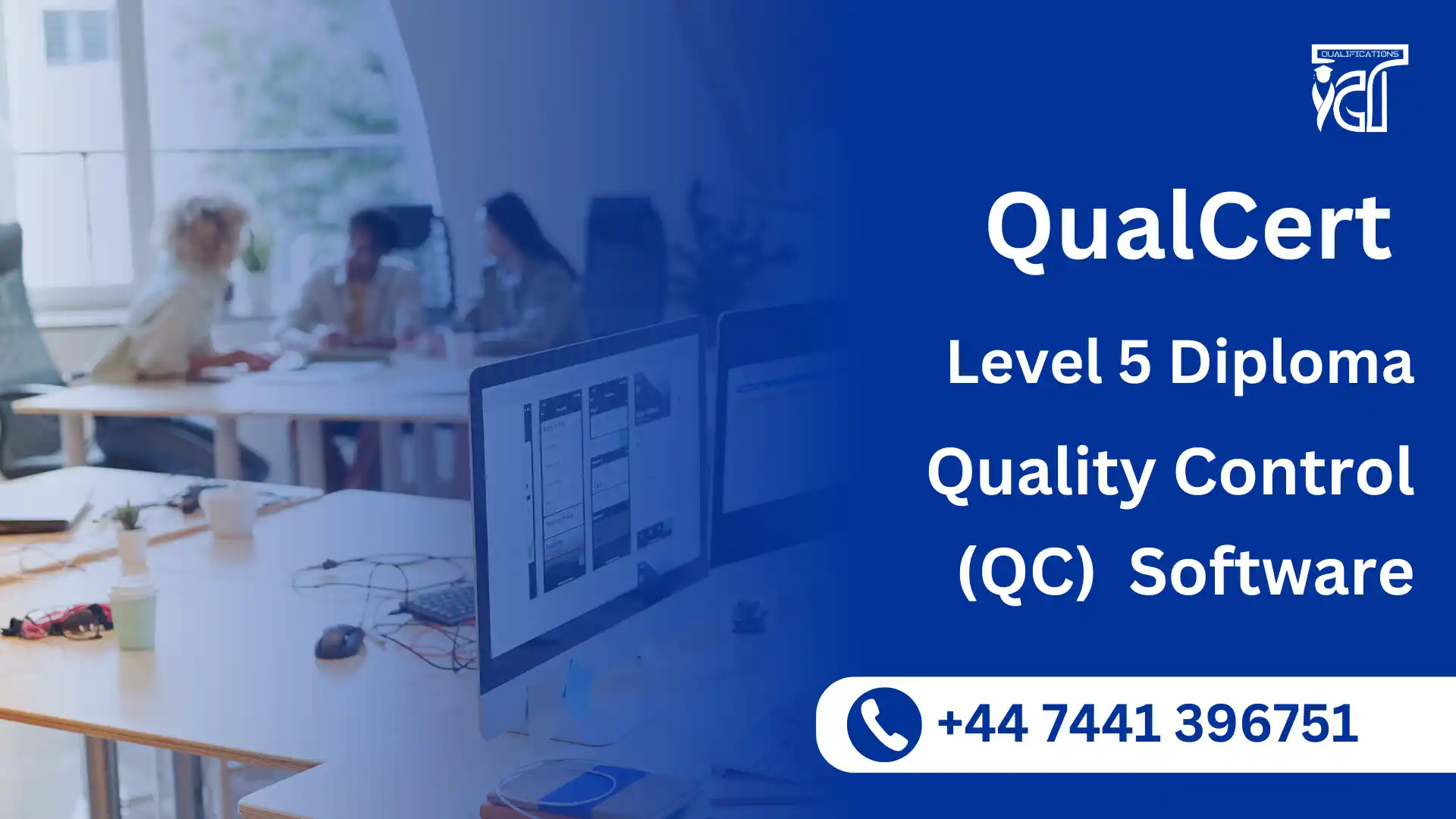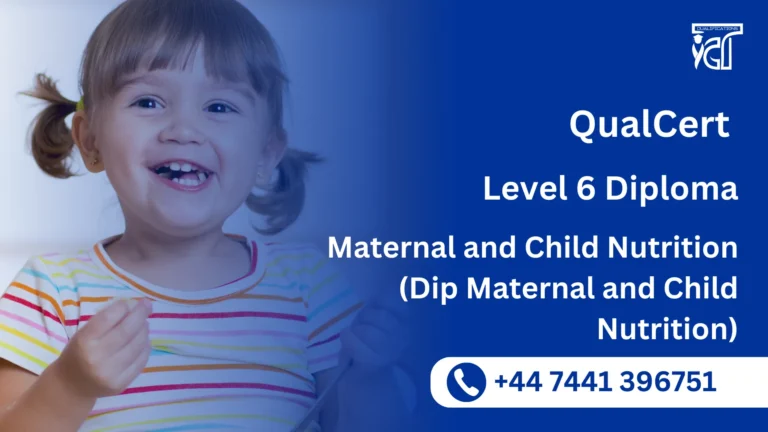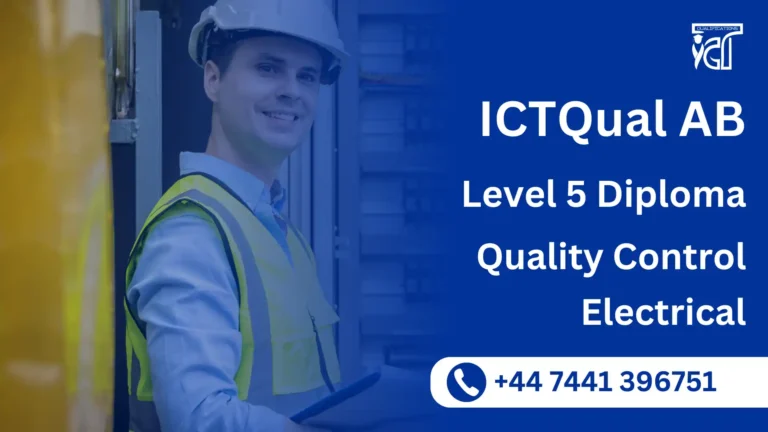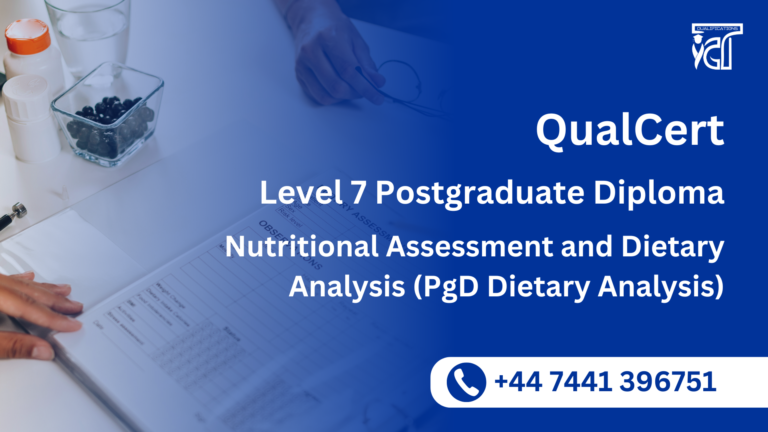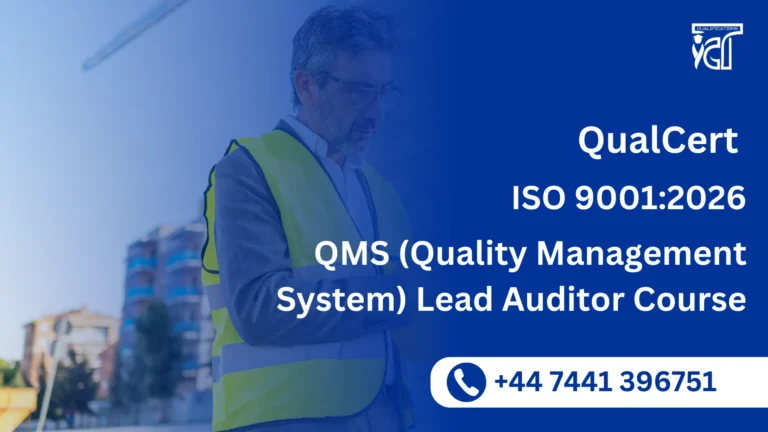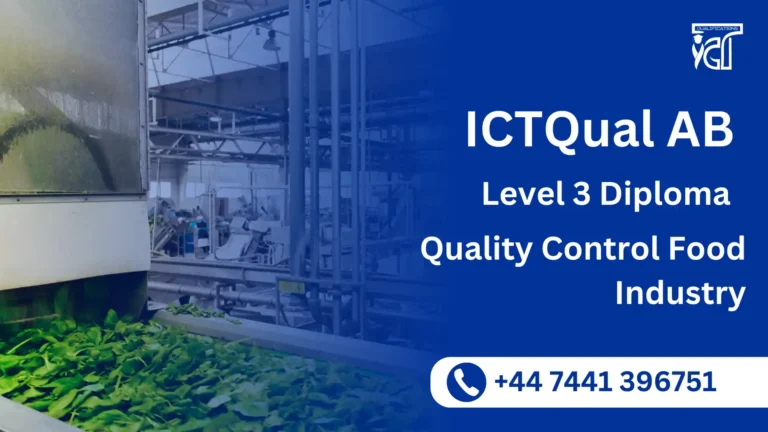The QualCert Level 5 Diploma in Quality Control (QC) Software is a specialized qualification designed to develop intermediate-level expertise in software quality assurance and control practices. As software systems become increasingly integral to business operations and customer experience, the need for reliable, compliant, and high-quality software is more critical than ever. This diploma equips learners with the practical skills and technical knowledge necessary to ensure the consistency, safety, and performance of software products throughout the development lifecycle.
Through a blend of theoretical concepts and real-world applications, students will explore industry-recognized testing techniques, quality standards, risk management strategies, and compliance requirements. Learners will gain hands-on experience in software testing, defect management, process improvement, and documentation—preparing them to play an essential role in maintaining software excellence within dynamic development environments.
Whether you are transitioning into a quality assurance role or looking to strengthen your capabilities in software QC, this program provides the tools, insight, and qualifications needed to thrive in the field.
QualCert Level 5 Diploma in Quality Control (QC) Software
The QualCert Level 5 Diploma in Quality Control (QC) Software comprises several study units designed to provide learners with a comprehensive understanding of QC principles and practices in the software sector. Below is the qualification structure, including the Total Qualification Time (TQT) 600, Guided Learning Hours (GLH) 260, and 75 Credits associated with the program.
| Unit Ref# | Unit Title | Credit | GLH | TQT |
| QC11012 – 1 | Strategic Quality Management | 20 | 60 | 100 |
| QC11012 – 2 | Advanced AI and Machine Learning in QC | 20 | 60 | 100 |
| QC11012 – 3 | QC Governance, Ethics, and Compliance | 20 | 60 | 100 |
| QC11012 – 4 | Supply Chain Quality Assurance | 20 | 60 | 100 |
| QC11012 – 5 | Data-Driven Quality Improvement | 20 | 60 | 100 |
| QC11012 – 6 | International QC Standards and Regulations | 20 | 60 | 100 |
GLH (Guided Learning Hours) and TQT (Total Qualification Time) are terms commonly used in vocational qualifications to help define the amount of time a learner is expected to spend on their studies.
1. GLH (Guided Learning Hours)
GLH refers to the number of hours a learner spends being directly taught, supervised, or supported during their course. This includes the time spent in activities such as:
- Classroom instruction
- Practical workshops
- One-on-one tutoring or mentoring sessions
- Online learning sessions with tutor support
In other words, GLH represents the time that learners are actively engaged with their instructors or learning activities.
2. TQT (Total Qualification Time)
TQT represents the total amount of time a learner is expected to invest in completing a qualification, including:
- GLH (Guided Learning Hours): Time spent on direct learning, as explained above.
- Self-Directed Learning: This includes time spent on independent study, research, assignment completion, preparation for exams, and any other work the learner does outside of direct teaching hours.
TQT is a broader measure that includes all the time required to achieve the qualification. It helps learners and employers understand the overall commitment required for the qualification.
Key Differences Between GLH and TQT:
- GLH focuses on direct learning with guidance or supervision.
- TQT includes GLH as well as independent study time and other learning-related activities.
Example:
If a qualification has a TQT of 600 hours and a GLH of 250 hours, it means the learner should spend 250 hours in direct learning (classroom, online, or tutor-led sessions) and 350 hours on independent study or research.
Strategic Quality Management
- Develop and implement long-term quality control strategies aligned with organizational goals.
- Analyze quality management frameworks and their impact on business performance.
- Utilize key performance indicators (KPIs) to measure and improve software quality.
- Integrate risk management principles into quality control processes.
- Lead and influence quality culture within software development teams.
Advanced AI and Machine Learning in QC
- Apply AI and machine learning techniques to automate software testing and quality control.
- Assess the role of predictive analytics in identifying software defects and performance issues.
- Implement AI-driven quality assurance tools for continuous improvement.
- Understand ethical considerations and challenges in AI-based quality control.
- Optimize quality control workflows using intelligent automation.
QC Governance, Ethics, and Compliance
- Examine governance frameworks for software quality control and assurance.
- Apply ethical principles to decision-making in quality control practices.
- Ensure compliance with industry-specific regulations and legal requirements.
- Develop policies to enhance accountability and transparency in QC operations.
- Address ethical challenges in software testing, defect management, and reporting.
Supply Chain Quality Assurance
- Assess the impact of supplier quality on overall software project outcomes.
- Implement supplier evaluation and auditing techniques for quality control.
- Develop quality assurance strategies for third-party software components and integrations.
- Manage risks associated with outsourced software development and testing.
- Ensure compliance with international supply chain quality standards.
Data-Driven Quality Improvement
- Utilize data analytics and metrics to drive continuous quality improvement.
- Implement data visualization techniques for real-time quality monitoring.
- Leverage big data and statistical methods for defect analysis and trend identification.
- Develop data-driven decision-making frameworks in software quality control.
- Improve testing processes through data insights and process optimization.
International QC Standards and Regulations
- Analyze key international quality control standards, including ISO, IEEE, and CMMI.
- Implement best practices for regulatory compliance in software quality assurance.
- Understand regional and global quality certification requirements.
- Adapt software testing and quality control processes to meet international standards.
- Assess the impact of evolving regulations on software quality management.
✅ Course Benefits: QualCert Level 5 Diploma in QC Software
QualCert Level 5 Diploma in Quality Control (QC) Software
✅ Industry-Relevant Skills
Gain practical, up-to-date skills in software quality control, testing frameworks, and assurance practices that are in high demand across tech industries.
✅ Improved Software Reliability
Learn how to detect defects early, apply quality metrics, and ensure software meets performance, safety, and compliance requirements—leading to more reliable products.
✅ Career Advancement Opportunities
This diploma opens doors to quality assurance roles such as Software QA Analyst, QC Engineer, Test Lead, or Compliance Officer in both national and international markets.
✅ Hands-On Testing Proficiency
Build confidence using modern testing tools, test automation platforms, and defect management systems that align with real-world software development workflows.
✅ Foundation for Further Study
The Level 5 diploma serves as a strong academic and professional foundation for pursuing higher-level qualifications such as the Level 6 or Level 7 Diplomas in Software QC.
✅ Global Quality Standards Understanding
Understand and apply international quality frameworks such as ISO/IEC 25010, IEEE testing standards, and Agile/Scrum QA best practices in diverse project settings.
✅ Enhanced Problem-Solving & Risk Management
Develop analytical thinking and risk management capabilities essential for identifying potential issues and implementing proactive quality solutions.
✅ Recognition by Employers & Institutions
The qualification is structured to meet recognized vocational standards, making graduates attractive to employers in the software, IT services, and tech sectors.
Ideal Learner for QualCert Level 5 Diploma in Quality Control (QC) Software
This course is ideal for individuals who are passionate about software development quality, and who aim to play a critical role in ensuring that software products meet the highest standards of performance, reliability, and compliance.
✅ Aspiring Software Quality Professionals
Those looking to build a career in software quality assurance, software testing, or quality control roles will find this diploma essential for foundational and applied learning.
✅ Junior Developers & Testers
Early-career professionals in software development or testing who want to strengthen their understanding of quality control principles and expand their responsibilities within QA teams.
✅ IT Support and Technical Professionals
Individuals with technical backgrounds who want to transition into software quality roles or enhance their ability to deliver stable, tested applications.
✅ Project Coordinators & Analysts
Business analysts, project support staff, and coordinators who contribute to software projects and need a practical understanding of quality control tools and standards.
✅ Diploma Holders in Related Fields
Graduates with Level 3 or Level 4 qualifications in software development, computer science, IT, or engineering seeking a more specialized focus in software quality control.
✅ Career Switchers
Professionals from non-IT backgrounds looking to move into a fast-growing, high-demand area like software QA, especially those with analytical or problem-solving strengths.
Entry Requirements
Entry Requirements: QualCert Level 5 Diploma in Quality Control (QC) Software
To ensure candidates are equipped to succeed in the QualCert Level 5 Diploma in Quality Control (QC) Software), the following entry criteria must be met:
Educational Background
- A Level 4 qualification in Software Engineering, IT, Computer Science, or Quality Assurance;
- Or a relevant diploma or technical certification in a related discipline.
🧠 Work Experience (Preferred but Not Mandatory)
- Ideally, 1–2 years of practical experience in software development, testing, quality assurance, or IT support roles.
- Candidates with internship or project-based exposure to software environments are also encouraged to apply.
English Language Proficiency
- A good command of English is required, as all learning materials, instructions, and assessments are in English.
- Non-native English speakers may need to demonstrate competence through:
- IELTS (minimum 5.5), TOEFL, or equivalent qualification; or
- Prior education in English or work experience in an English-speaking environment.
Age Requirement
- Learners must be 18 years of age or older at the time of enrollment.
Register Now
Qualification Process
Qualification Process for the QualCert Level 5 Diploma in Quality Control (QC) Software
- Self-Assessment:
Begin by evaluating your eligibility to ensure you meet the qualification requirements, including work experience, knowledge, and language proficiency. - Registration:
Complete your registration by submitting the required documents, including a scanned copy of a valid ID, and paying the registration fee. - Induction:
An assessor will conduct an induction to confirm your eligibility for the course and explain the evidence requirements. If you do not meet the criteria, your registration will be canceled, and the fee will be refunded. - Assignmnets & Evidence Submission:
Provide all assignmnets and the necessary evidence based on the assessment criteria outlined in the course. If you are unsure of the required evidence, consult with the assessor for guidance on the type and nature of evidence needed. - Feedback and Revision:
The assessor will review your submitted evidence and provide feedback. Evidence that meets the criteria will be marked as “Criteria Met,” while any gaps will be identified. You will be asked to revise and resubmit if needed. - Competence Evidence:
Submit final evidence demonstrating that all learning outcomes have been met. This evidence will be marked as “Criteria Met” by the assessor once it is satisfactory. - Internal Quality Assurance (IQA):
The Internal Quality Assurance Verifier (IQA) will review your evidence to ensure consistency, quality, and compliance with standards. - External Verification:
The IQA will submit your portfolio to QualCert External Quality Assurance Verifiers (EQA) for final confirmation. The EQA may contact you directly to verify the authenticity of your evidence. - Certification:
Upon successful completion of all checks, QualCert will issue your official certificate, confirming that you have attained the QualCert Level QualCert Level 5 Diploma in Quality Control (QC) Software.

